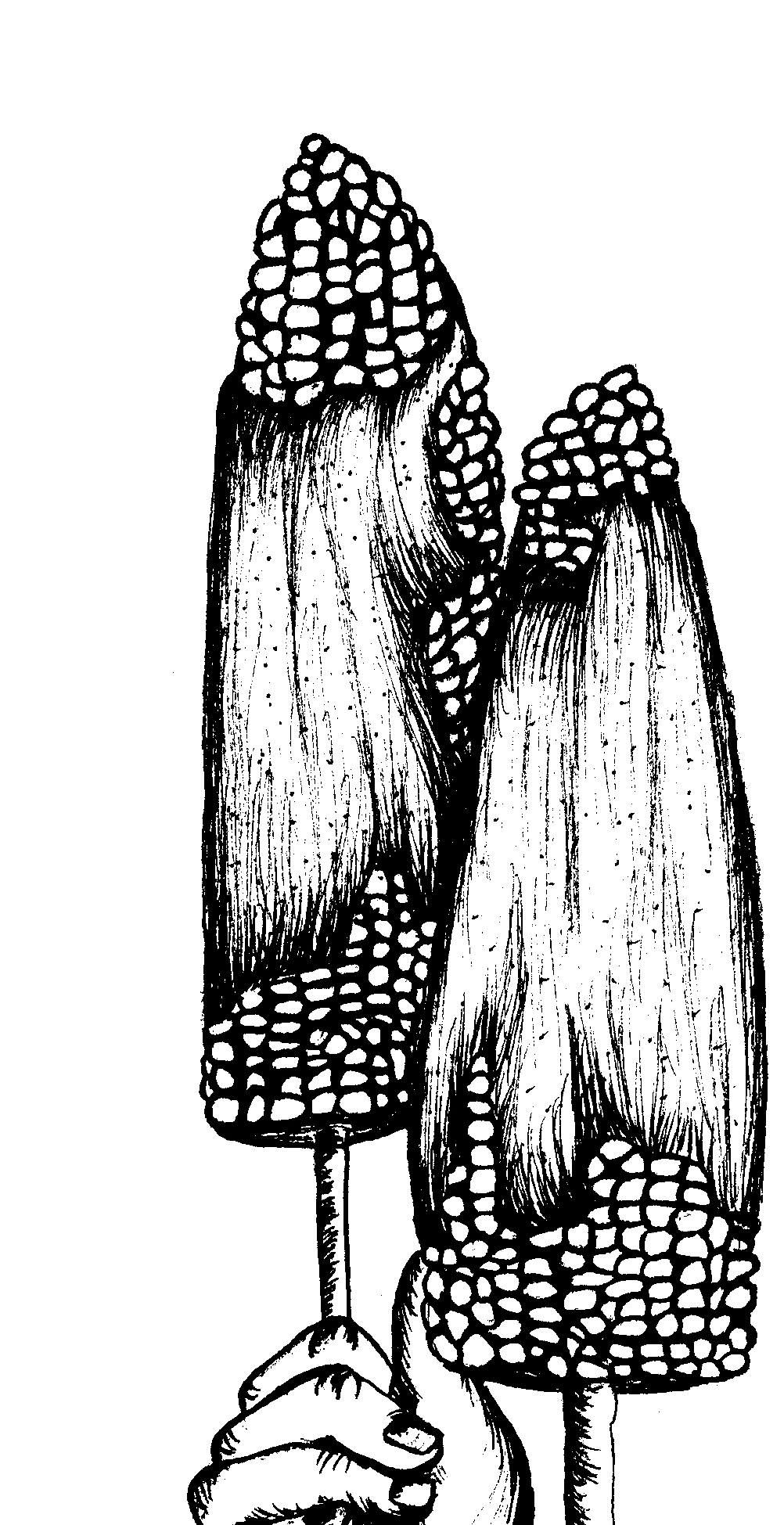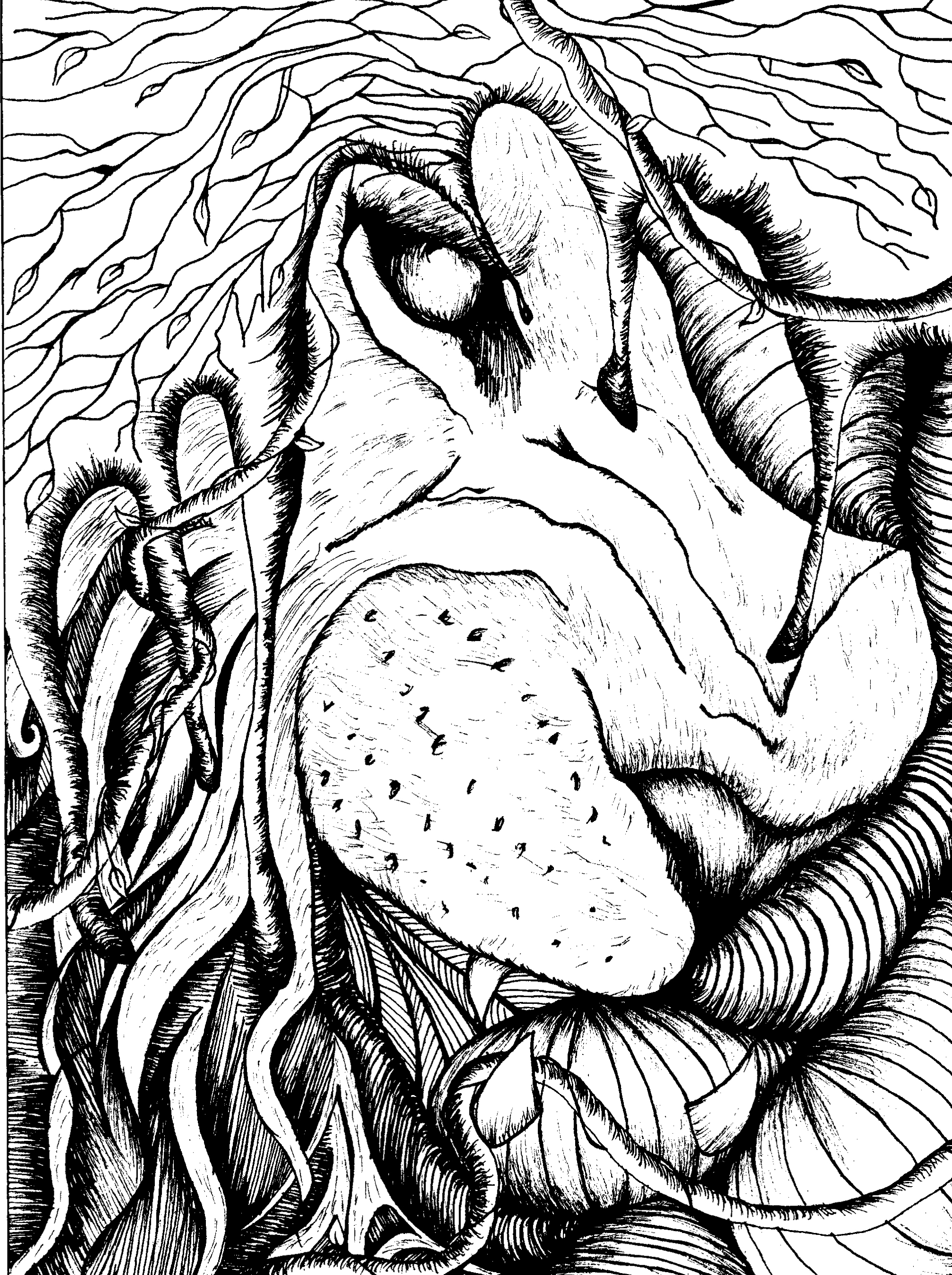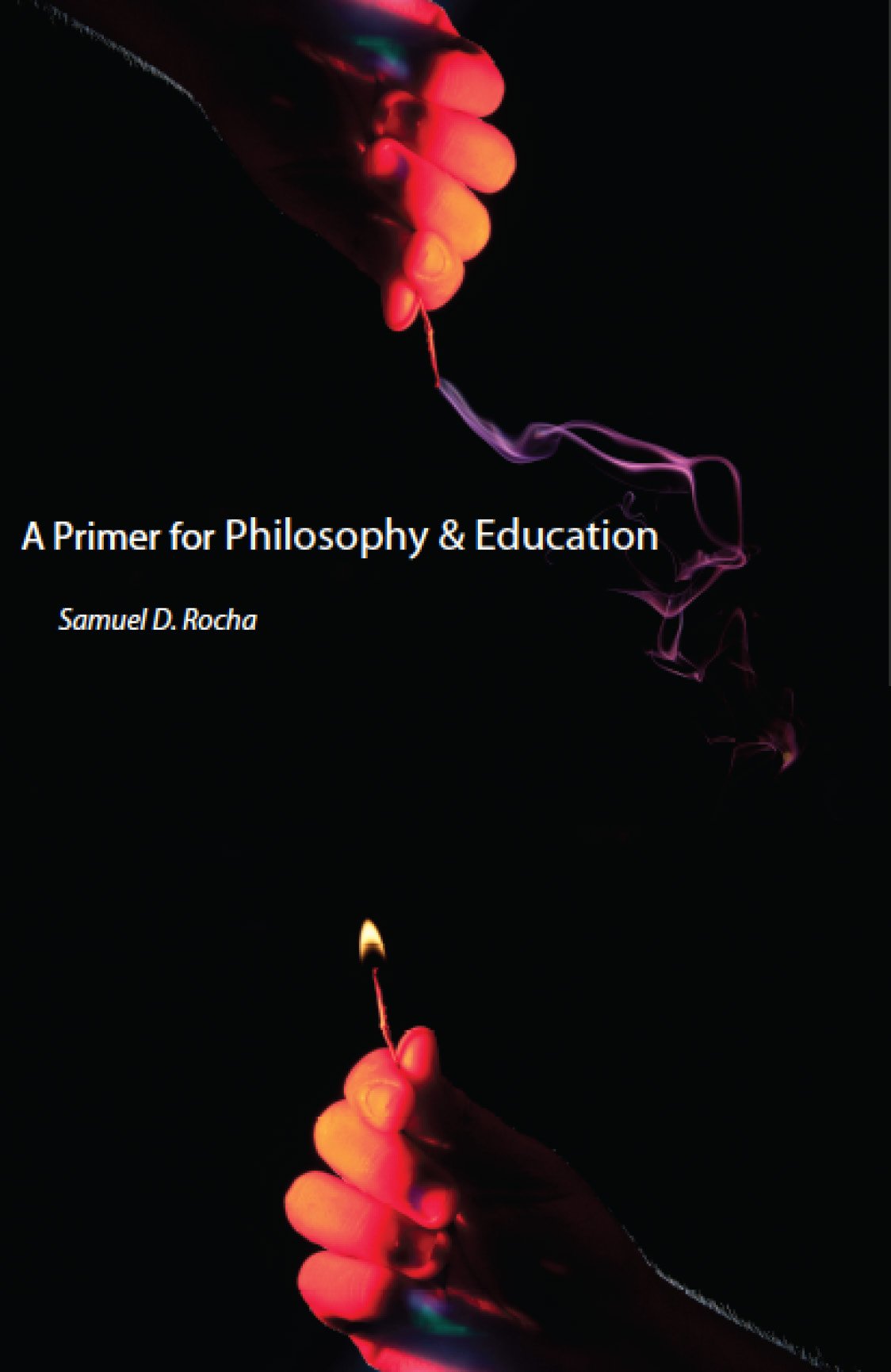My latest book — A Primer for Philosophy & Education — was released two weeks ago. Since then, there have been two reviews — here and here — posted on Patheos blogs and there are several more to come from Patheos and elsewhere.
Entering this crucial third week, I’d like to ask you for your help once again. Anything helps: Facebook liking and sharing, Tweets, and especially personal recommendations to people you think might be interested are all a huge help. In the end, the proof is in the pudding: the best way to help is to purchase a copy.
Those of you with blogs or interest in writing periodical or journal reviews are welcome to contact me for a review copy. Instructors, teachers, and alike are encouraged to do the same.
The website has a long list of endorsements from a wide range of people, and more are on their way. Philosopher and pioneer of object oriented ontology and speculative realism, Graham Harman, read and enjoyed it.
For my Catholic readers, I’ve also received some nice reviews from Catholics. Like these ones:
“The New Evangelization depends on a renewal of philo-sophia – the authentic love of wisdom. Restoring Christian culture requires articulating the classical idea of education for the modern world. A Primer for Philosophy & Education serves those goals and is a valuable tool for parishes, schools, and families committed to Christian renewal of their minds.”
J.D. Flynn, Chancellor, Archdiocese of Denver
“I really admire Dr. Rocha’s creative approaches to communicating the essence of philosophical thought and true education to students and others. Dr. Rocha cares that his students learn and all of us are the richer for the witness of that caring and the creativity of his methods.”
Ralph Martin, S.T.D., Director Graduate Theology Programs in the New Evangelization, Sacred Heart Major Seminary, Archdiocese of Detroit
+++
Perhaps the most exciting thing for me are the illustrations by my talented youngest sister, Ana Maria Rocha, an art student at the University of North Texas School of Art and Design. Here are two of her creations (Can see the lion in the second one?):


+++
And here, below, is a sneak peek of the preface to the book:
Preface
I’ve written this little book with three audiences in mind. The first two are obvious: those reading it for a course I am teaching, and others reading it on their own. The third audience may seem strange, but is absolutely true, nevertheless: I am the third audience.
This primer has different things to show each of us, or different ways of showing the same things. I will try to speak to some of those differences here.
To my students—I wrote this primer for instructional purposes. This book is, first and foremost, a text written by a teacher to and for his students. You shouldn’t wonder whether you have my full attention. I am not writing to you by accident or coincidence. I am not principally concerned with anyone else but you. This narrow, specialized focus should give you total confidence that you are the intended audience.
A major inspiration for this project comes from one of my favorite philosophers, William James. One of the many things I’ve learned from him is to avoid the dangers of incestuous writing, writing within an echo chamber.
James wrote for more than the highly schooled, professional audiences of the academy. He wrote for them, too, but he didn’t always write to or for an exclusive field of peers, due in large measure to the fact that he never belonged to a single field in the first place—he began in anatomy and physiology, moved to psychology, and ended in philosophy with major interests in religion and metaphysics.
Perhaps a better way to think about him is this: James belonged to a field of study coincidentally, classified by whatever he was working on at the moment, but never limited by or to that classification.
James published mostly works of popular philosophy that began as lectures he presented to audiences of all kinds of people. He also frequently wrote essays, reviews, and letters to periodicals and popular journals, sometimes under the pseudonym ignoramus. William James was a public intellectual in the most honorable sense; he had a deep sensitivity to what I call “pastoral philosophy”—an ordinary sense of philosophy that is thoroughly and principally educational.
As you will see in fuller detail, ‘philosophy’ and ‘education’ are different words for similar, if not the same, mysterious things. The terms should be taken as harmonious and complimentary.
My favorite set of essays by James, added to the end of his famous Talks to Teachers on Psychology, is titled AndTo Students, on Some of Life’s Ideals. This trio of essays has been influential to me for many reasons. Most importantly, I was a graduate student when I first read them; these essays were penned To Students. To me. I took them personally.
Again and again in his essays, books, and correspondence, James took time to write specifically to and for his students.
For example, after the publication of his magisterial ThePrinciples of Psychology, and at the height of his status as a psychological specialist, James published a shorter version of The Principles, for instructional purposes, titled Psychology: The Briefer Course. James aficionados have clever nicknames for each book: they call the first book “the James,” and the second “the Jimmy.”
Throughout his life, James showed a sensitive ability to move between “James” and “Jimmy,” to write To Students (and teachers) without compromising the integrity or rigor of his thought. I remain a student of James to this day. When I re-read him, I continue to find his voice powerful and intimate. Personal.
Following James, I want to be clear that it is you, the student, to whom I am writing. This book is for you. Feel welcome and at home in these pages. Live in them a little if you can.
This primer should acquaint you with what philosophy and education are to me, as far as I can understand them, and might become to you. It should also orient you to the disposition—the overall posture and attitude—that the work of philosophy and education require. I hope you refer to it as a practical resource you can use throughout the course. Use it well.
To others—As you surely know by now, this book was not principally written to or for you. I do not say this to try to exclude you outright. After all, one can be a student without being enrolled in a class or at a formal school. In a certain way of thinking, all readers are students as all authors are teachers. I became a student of Professor James by reading his books.
There is no reason to think of what I wrote in the previous section as somehow exclusive to those literally enrolled in my classes. To my potential and figurative students and interlocutors, to my readers: the same aforementioned spirit applies to and for you. The lines dividing my classroom from your own are not easily or neatly defined.
To myself—As I have edited and revised this project, I’ve developed another sense of purpose about it: I have also written it to remind and hold myself accountable to what philosophy and education are, are not, and might someday become.
In many ways, this short book holds all the bits and pieces of my previous work in the philosophy of education. This, again, underscores the merit in seeing and understanding this book as an instructional, pedagogical text: by writing this primer for philosophy and education, I am simultaneously and irreducibly acting as philosopher and educator.
I hope to revisit and measure my future work by the sentiments and intuitions contained here. This is not to say that I will not change. It is instead to hope that what is perennial to philosophy and education will endure, even as my thought (r)evolves.
Again: many, many thanks to all of you who’ve purchased copies and/or helped get the word out over the past two weeks. It’s working. But it’s still too early to tell. I thank you for your patience and continued support of me and my work. And look out this week for some giveaways!
SR












